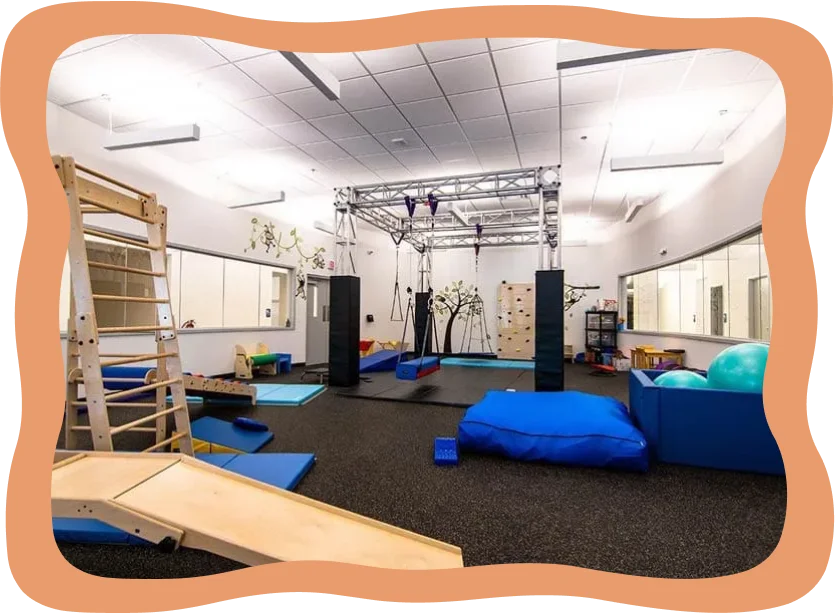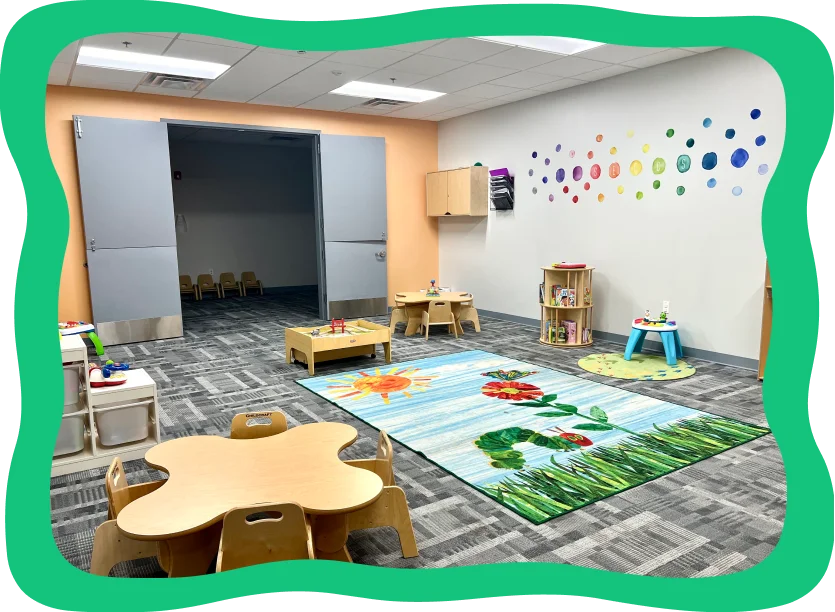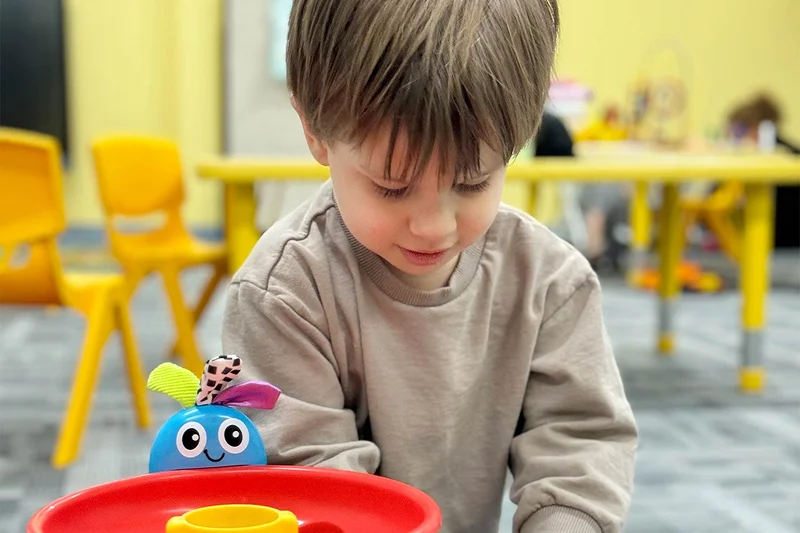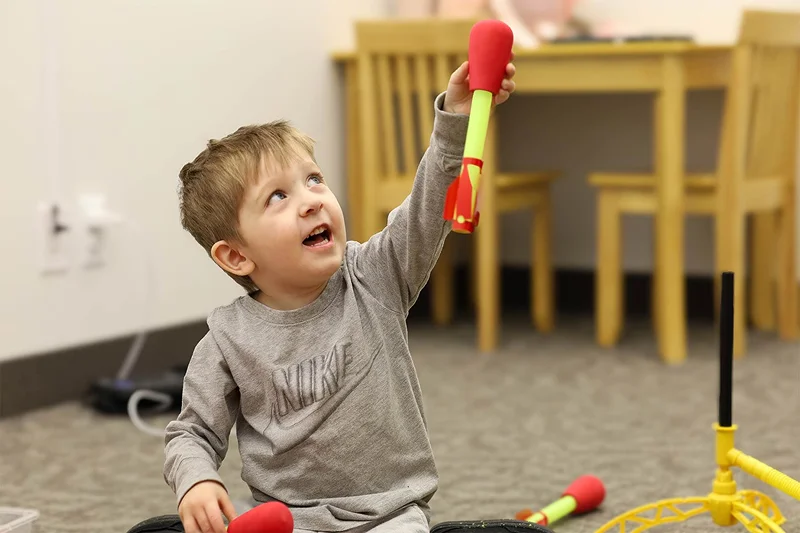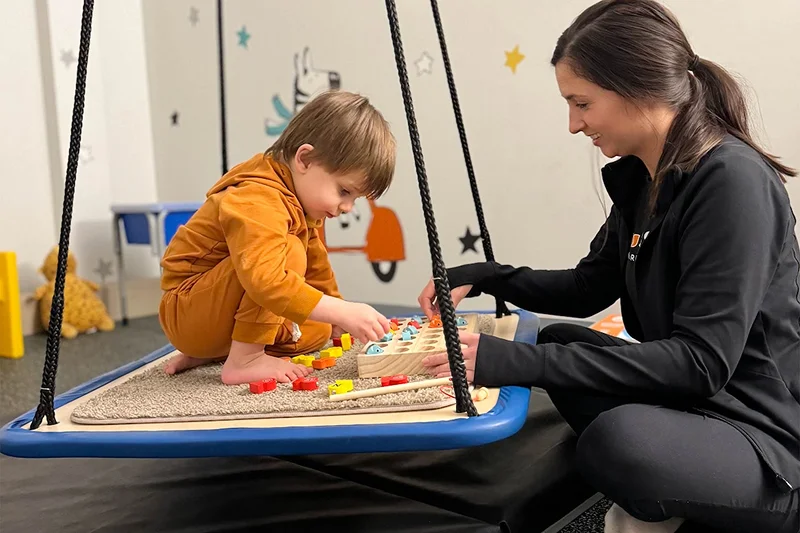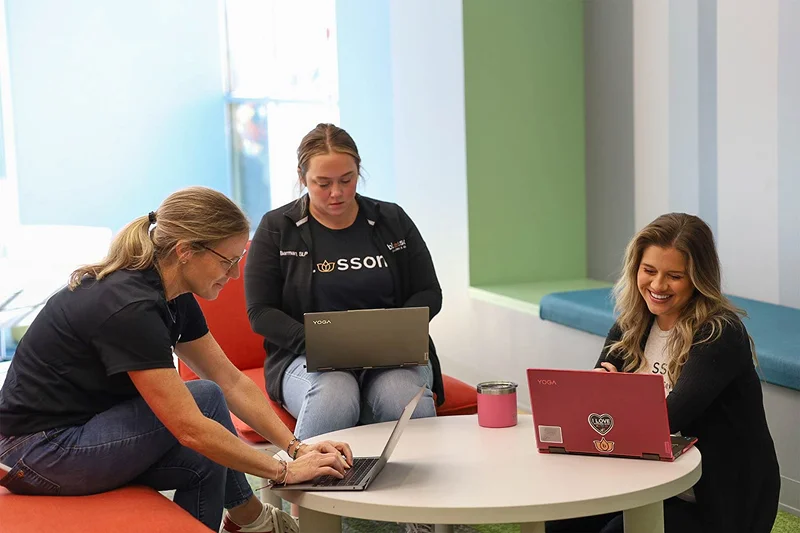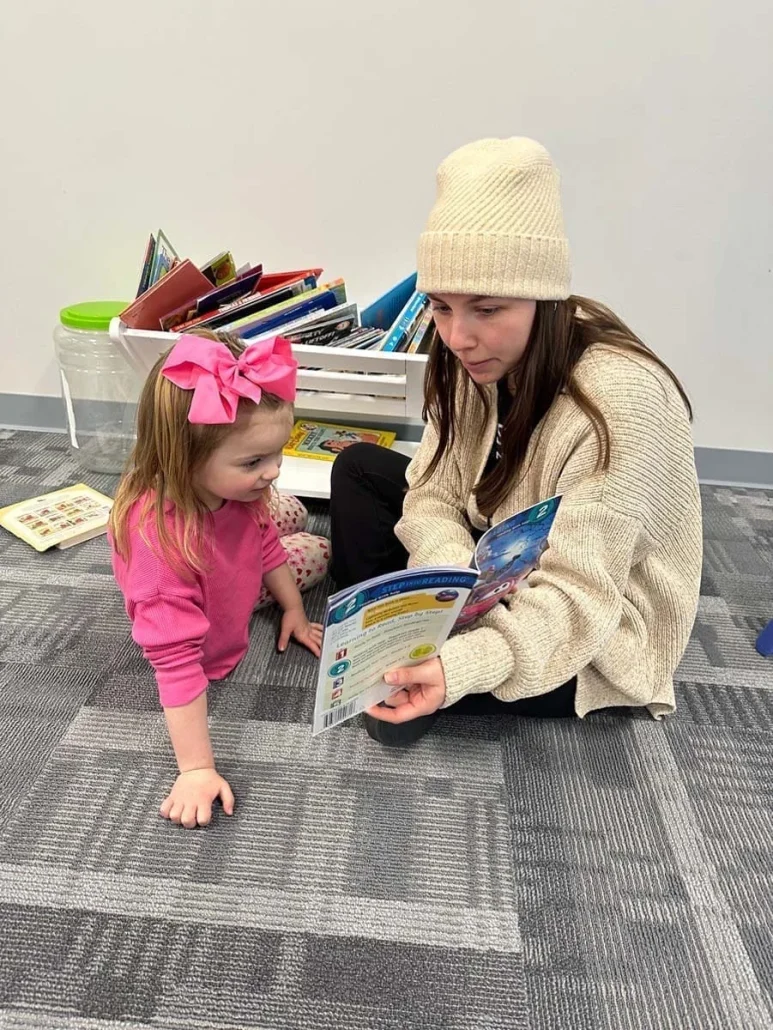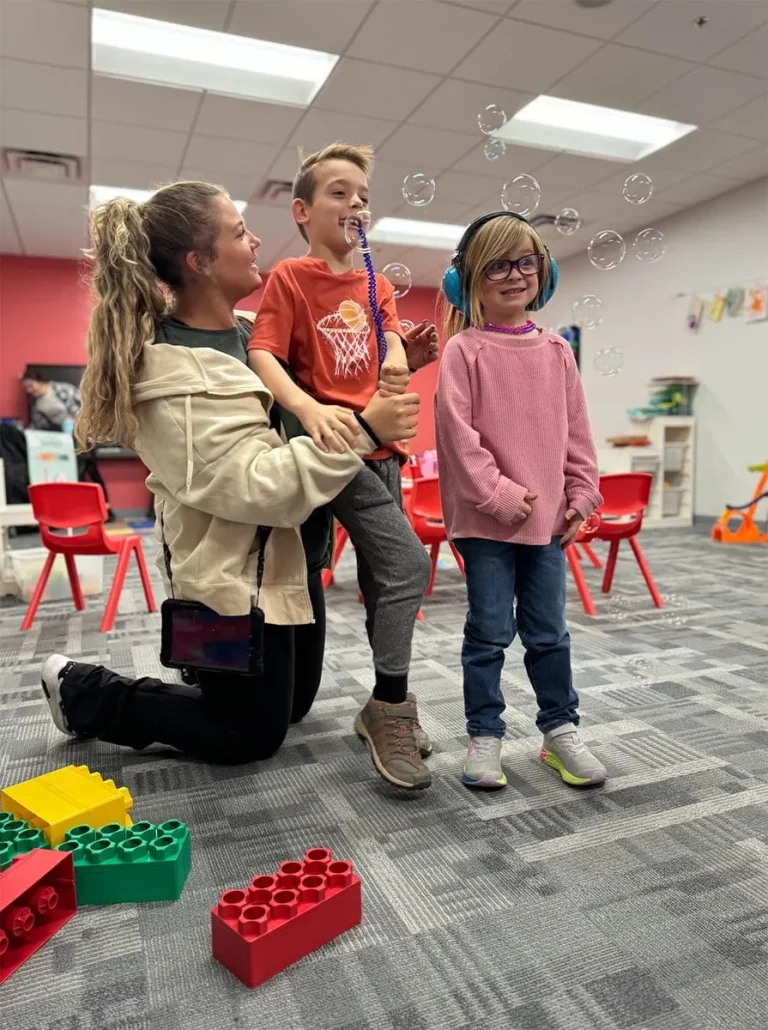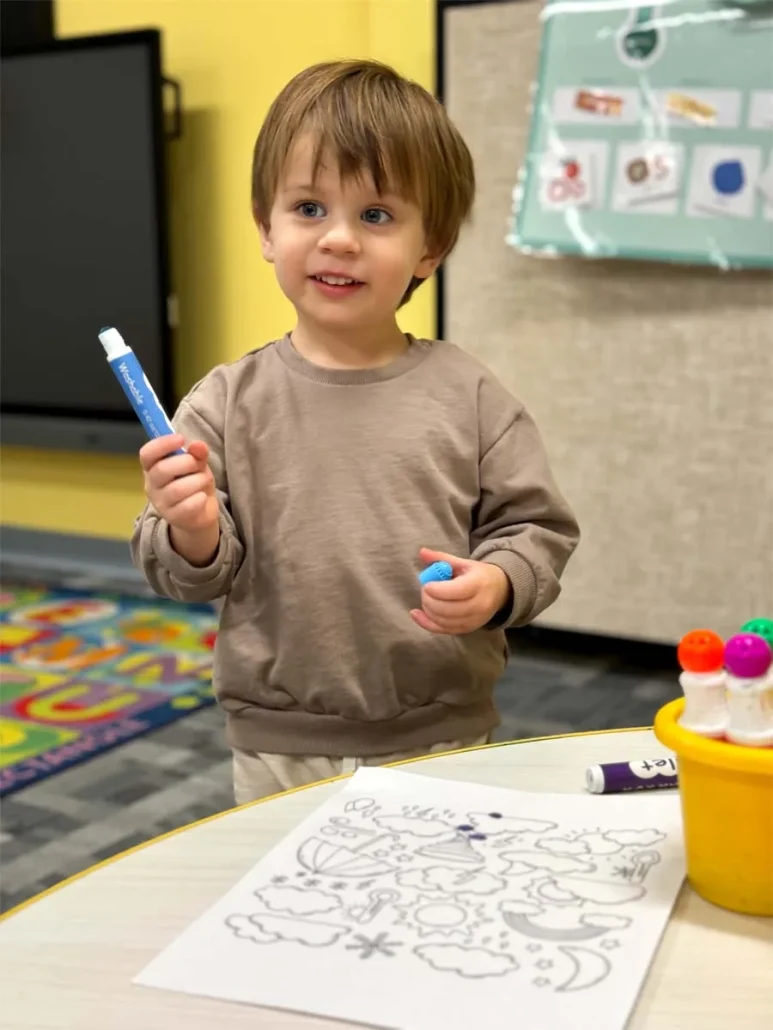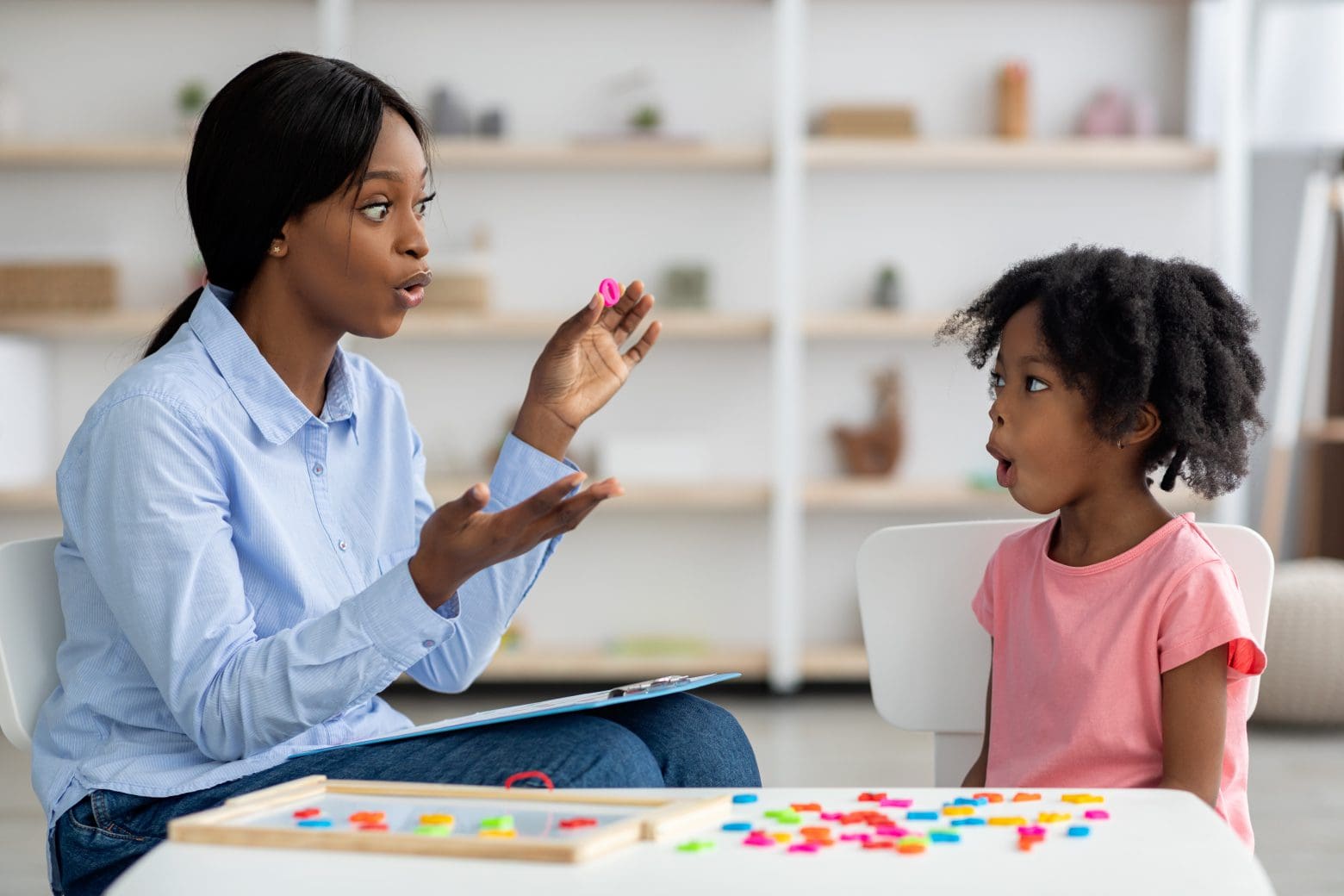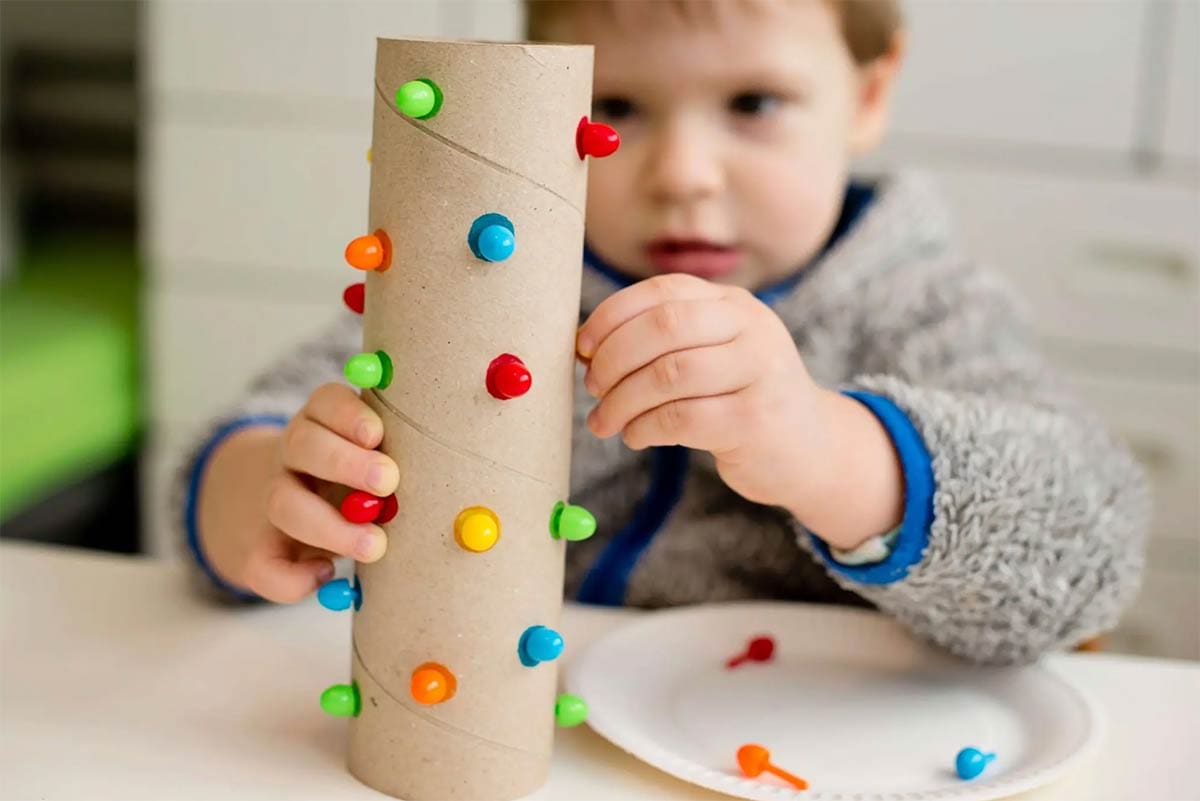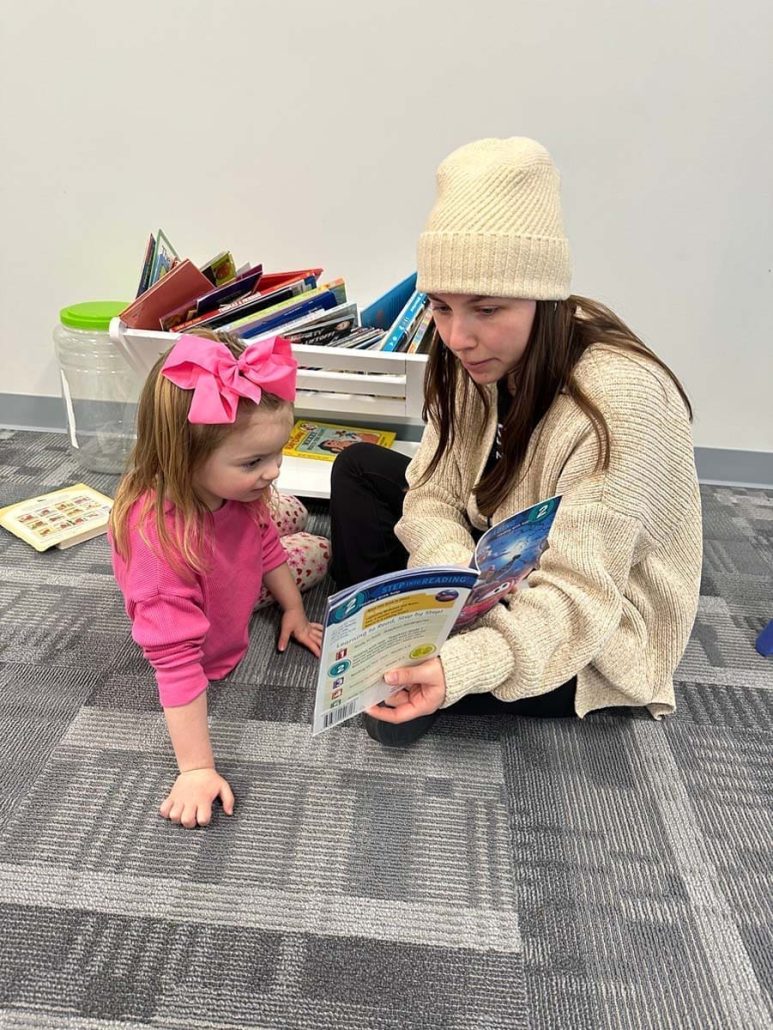Many children with autism struggle with communication. Speech-language pathology, frequently referred to as speech therapy, helps improve speech, communication, and socialization. This quick guide will explain speech-language pathology and how it works.
Speech-Language Pathology
The ultimate goal of speech-language pathology is to improve overall communication. SLP includes verbal and nonverbal communication, as these two aspects go hand-in-hand. Speech-language pathology is wide-reaching and can assist with making correct sounds, speaking clearly, assisting with stutters. For nonverbal children, it also helps children and parents develop communication systems that work for them, whether through gestures, electronic devices, or a combination.
Socialization
Speech-language pathology also helps improve social communication. This type of therapy helps children communicate clearly and understand language and social communication from others. A substantial part of this therapy is understanding body language. A speech-language pathologist can help children understand emotions conveyed through body language, which allows them to know communication and socialize easier. Practicing back-and-forth conversations with a trained therapist are the perfect environment for children with autism to develop their speech abilities.
How It Works
Speech-language therapists provide personalized care for children. No two children are the same, and meeting their unique needs is crucial to effective therapy. One of the best aspects of speech therapy is children’s one-on-one care. Speech therapists create a welcoming environment where children can feel comfortable asking questions, learning new ways to communicate, and practicing new skills. It uses exercises, activities, and visual elements such as picture boards to help teach children communicative skills.
Fun, Evidence-Based Therapy
We are here to help your child blossom in a fun, warm environment that they will love. Our speech therapists use evidence-based strategies and techniques to improve speech and language skills in children as young as 18 months old. Contact us today to learn more about our services!
